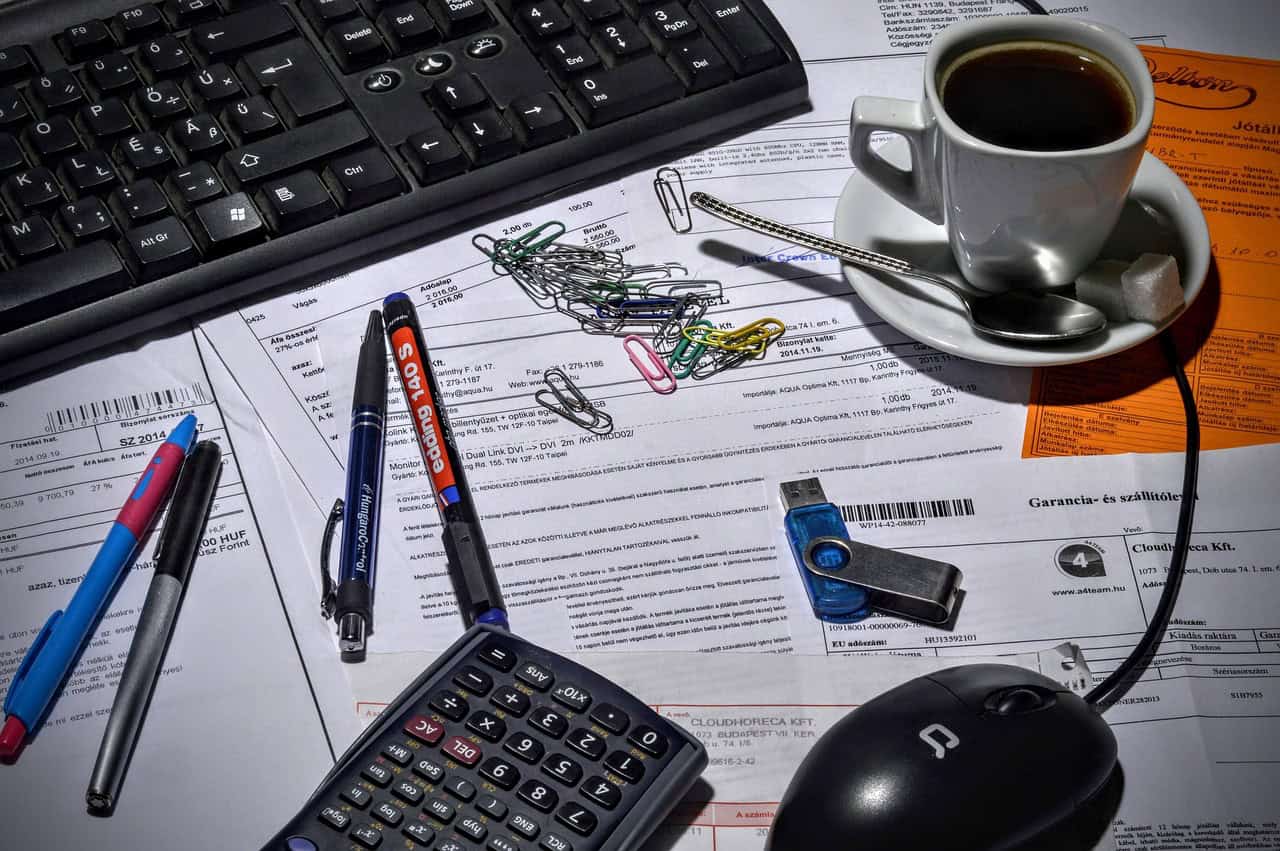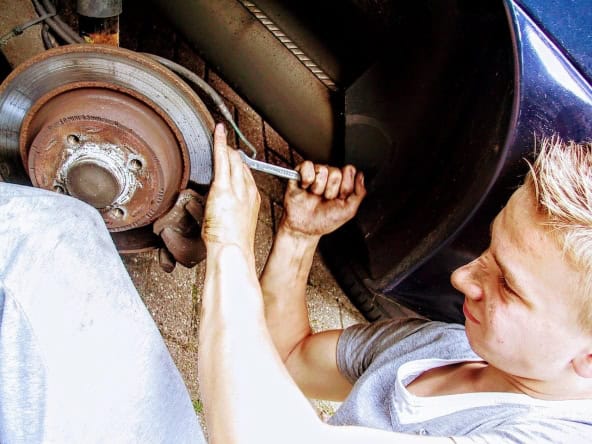Spain is renowned for its beaches, its food, its culture and yes… its bureaucracy. It’s a bit of a minefield alright but here we try and give you the nuts and bolts of what you need when you begin your new life in this wonderful part of Spain.
Life admin in Jávea (Xàbia)
1) What to keep in your “grab folder”
Passports, NIE/TIE or EU cert, padrón certificate, rental deed/title + latest utility bill, NUSS (Social Security), marriage/birth certs (apostilled if relevant), scans of all of it. Names spelled the same everywhere.
2) Padrón (town register)
Why: you’ll be asked for it for schools, healthcare, many forms.
Where: OAC (citizen office) in Jávea. Book cita previa.
Take: passports/IDs for everyone, rental contract or title deed (+ a recent bill helps).
Do: leave with a printed certificado de empadronamiento. You’ll reuse it.
3) Immigration ID + NIE (how they fit)
- NIE = your foreigners’ ID number. It’s permanent. Not a visa.
- EU citizens: within 3 months, get the green registration certificate (it shows your NIE).
- Non-EU: your residence card is the TIE (plastic card with photo + NIE).
Ways to get/confirm NIE: at Extranjería in Spain (EX-15) or via a Spanish consulate before arrival (useful if buying/working quickly).
Take to appointments: passport, form, fee slip paid, photos, padrón printout, and a reason (job, property, study, long rental).
Common snags: no justification letter, unpaid fee, name mismatch. Fix before you go.
4) Social Security number (NUSS)
Who: employees, autónomos (self-employed), anyone paying in.
How: request online (Import@ss) or at TGSS.
Keep: that number handy; you’ll need it for contracts and healthcare.
5) Healthcare (SIP card)
What: your public health card in the Valencian Community.
Take to the health centre: ID (TIE/EU cert + passport), padrón, proof you’re entitled (working and paying Social Security, S1 as a pensioner, or the route tied to your residence).
Then: they assign GP/paediatrics; set up online/app access for appointments and repeats.
Emergencies: 112.
6) Driving & vehicles
Licence:
- If your country has a canje (swap) with Spain, exchange your licence (you’ll hand in the original).
- If not, plan on Spanish tests when your grace period ends.
Car:
- Before you drive: valid ITV (roadworthiness) + insurance (third-party is mandatory).
- Importing: inspection, taxes, registration—don’t drive it here uninsured on foreign plates.
Carry: ID, licence, permiso de circulación, ITV card/report, insurance proof.
7) Banking
- Non-resident account: good bridge while papers are pending (may need a “no-resident” certificate).
- Resident account: once you have TIE/EU cert + address proof.
- Basic Payment Account: your legal fallback if a bank blocks you—capped fees, card + basic transfers.
Tip: banks will ask “source of funds.” Bring payslips/employment letter or company docs to avoid back-and-forth.
8) Digital identity (worth it)
Set up Cl@ve first, then a certificado digital. You’ll stop queueing: padrón downloads, Social Security, fees, tax, driving records—done online.
One-page checklist
- Padrón booked → passports + contract/deed → printed certificate in hand.
- ID: EU green certificate (≤3 months) or non-EU TIE; make sure you have your NIE number.
- NUSS: requested (online/TGSS).
- SIP: ID + padrón + entitlement → card activated → app/online set.
- Driving: check canje eligibility; insurance live; ITV dates noted.
- Banking: non-resident → switch to resident, or use Basic Payment Account.
- Digital: Cl@ve → certificado digital.
Tiny FAQs (the ones everyone asks)
Do I need a separate NIE if I have a TIE or the EU green paper?
No. Your NIE is printed on those. Some offices like a fresh printout; ask for one if needed.
Can I use public healthcare without a job?
Depends on your route. Many start with private insurance until they qualify for public cover (through work, S1, or another recognised path). Once eligible, get SIP.
Can I keep my foreign licence?
Short term maybe; as a resident you’ll swap if a canje exists, or retest in Spain if it doesn’t. Check your country’s status.
Bank account keeps stalling—now what?
Ask for a Cuenta de Pago Básica (Basic Payment Account). It’s a legal right and comes with capped fees.
When it’s worth hiring a ‘gestor‘
Spain’s admin isn’t “hard,” it’s fiddly: appointments, forms, fee slips, proof of entitlement, and rules that change mid-year. If you’re short on time or confidence, hire a gestor (short for gestor administrativo). Think of a gestor as a licensed admin specialist who files things for you with Town Hall, Immigration (Extranjería), Social Security, Tax Agency, DGT, etc.
They’re not your lawyer (unless they also are one), but they live in the systems daily and know which form/version/fee goes with which appointment.
A good local gestor can:
- get/prepare your padrón, NIE/TIE filings, NUSS, and SIP setup,
- register you as autónomo, submit routine tax models,
- open or switch bank accounts with the right documents,
- handle car imports/registrations, insurance proof, ITV timing,
- obtain your Cl@ve/certificado digital so future admin happens online.
You’ll usually sign a limited power of attorney (poder) so they can submit on your behalf. Bring passports, contracts/deeds, padrón, and any translations/apostilles – they’ll tell you exactly what’s missing and in what order to fix it.
For many families, one meeting with a gestor saves weeks of back-and-forth.




